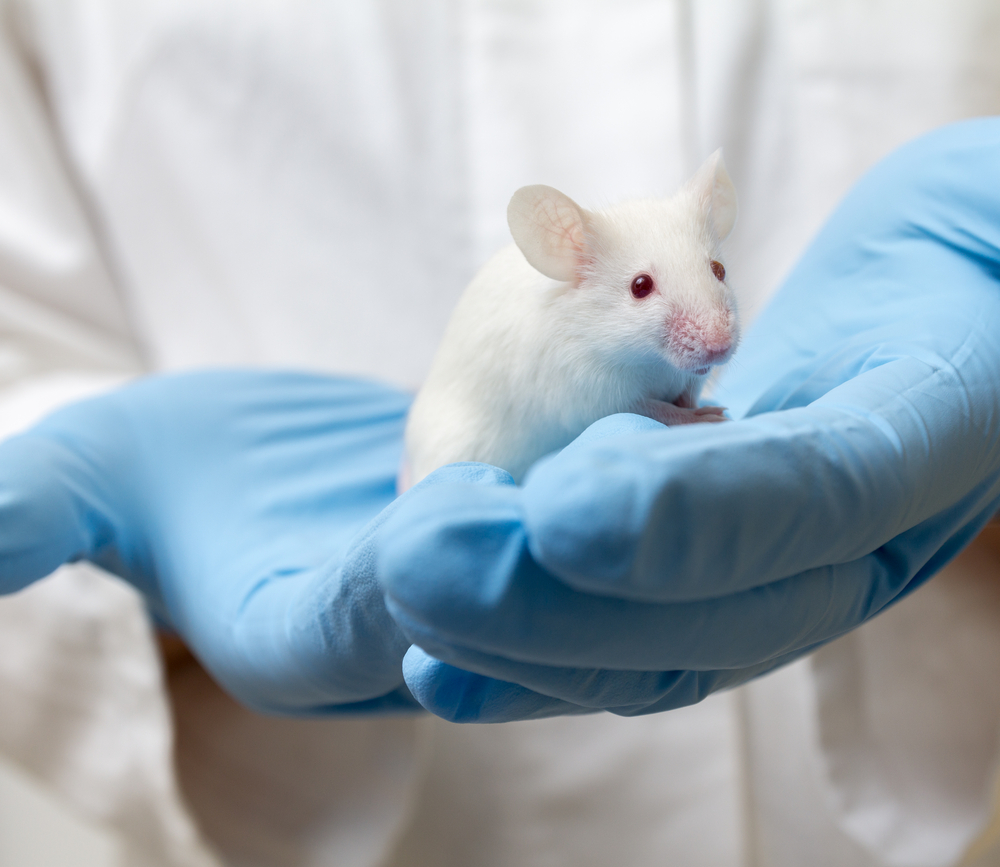Potential Cancer Treatment, Barasertib, Might Lessen Lung Fibrosis in IPF
Written by |

Note: This story was updated Aug. 11, 2020, to correct the name of the factor involved in fibrosis to TGF-alpha rather than TNF-alpha.
Barasertib, AstraZeneca’s investigational inhibitor of the AURKB protein, eased the activation of fibroblasts and lessened lung scarring in two mouse models of idiopathic pulmonary fibrosis (IPF), a study reports.
“This study is the first to identify barasertib as an anti-fibrotic candidate,” Satish Madala, PhD, with Cincinnati Children’s Hospital Medical Center, and a co-lead study author, said in a press release. “That’s important because so far there are no treatments for IPF that appear to reverse the underlying process that causes the disease.”
The study “Inhibition of Aurora Kinase B attenuates fibroblast activation and pulmonary fibrosis” was published in the journal EMBO Molecular Medicine.
Boehringer Ingelheim‘s Ofev (nintedanib) and Esbriet (pirfenidone) by the Roche subsidiary Genentech are approved antifibrotic therapies designed to slow disease progression, manage its symptoms, and prolong patients’ lives. However, both carry side effects and are not curative, highlighting the need for therapeutic alternatives.
IPF is characterized by an increased proliferation and survival of fibroblasts, the cells responsible for the synthesis and buildup of scar tissue (fibrosis) in the lungs.
Researchers at Cincinnati Children’s Hospital Medical Center discovered that the levels of a gene called aurora kinase B (AURKB) are significantly elevated in fibroblasts found in lung scar tissue of IPF patients, compared with people without IPF, serving as controls. Similarly higher levels were also seen in two different mouse models of IPF.
AURKB activity is regulated by multiple growth factors, the team found. A particular protein, called Wilms Tumor 1 (WT1), also at increased levels in fibroblasts, was identified as a key regulator of AURKB. According to the researchers, WT1 directly binds to the AURKB gene, triggering its activation in fibroblasts.
In a mouse model of IPF, researchers found that activation of AURKB triggered fibroblast proliferation and survival pathways. In turn, lowering AURKB protein levels using a genetic approach led to a marked decrease in pathways that sustain fibroblasts’ ability to proliferate. This decrease was seen in fibroblasts isolated from the lungs of IPF patients as well as from a mouse model.
Researchers then asked whether the inhibition of AURKB activity altered fibroblast activation. They used two different mouse models that mimic IPF: a model in which animals are genetically engineered to carry high levels of TGF-alpha, which is strongly linked to fibrosis; and a well-established model in which the disease is triggered by treating mice with bleomycin, an anti-cancer drug often used to cause PF in rodents.
The team treated the TGF-alpha mouse model with barasertib, a known AURKB inhibitor, developed by AstraZeneca as a potential cancer therapy. Barasertib is being tested in Phase 1 and Phase 2 clinical trials for the treatment of acute myeloid leukemia (AML).
Mice were given barasertib or a control (vehicle) at a dose of 40 mg/kg body weight twice a day for four weeks. Treatment was given before the animals developed lung fibrosis.
Results showed that mice treated with barasertib before developing fibrosis were less likely to form scar tissue lesions in the lungs. The levels of proliferation-associated genes, including AURKB, were also significantly also lower in these mice compared with untreated control animals.
Barasertib also lessened lung scarring in the two mice models with established ongoing pulmonary fibrosis. Apart from reducing scarring, barasertib’s use was also seen to enhance lung tissue elasticity and improve overall lung function in bleomycin-treated mice.
“These findings have therapeutic implications as they suggest targeting AURKB activity inhibits fibroblast activation,” the researchers wrote. “Together, our preclinical studies provide important proof-of-concept that demonstrate barasertib as a possible intervention therapy for IPF.”
Researchers now aim to investigate whether blocking AURKB in patients is safe and tolerable. Studies have shown that barasertib has significant side effects when administered systemically (bodywide), so they are exploring targeted routes of administration that could minimize these effects.
Furthermore, “since the current project was conducted in mouse models and human cells derived from lung biopsies of IPF patients, additional studies are needed to determine whether targeting AURKB would be effective and safe enough to test in human patients,” said Anil Goud Jegga, PhD, the study’s other co-lead author.



